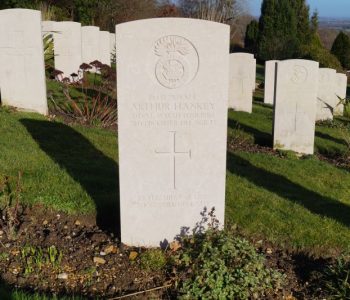
Hankey, Arthur

Arthur Hankey
Rank: Private
Regiment: 11th Battalion, Royal Welsh Fusiliers
Wife: Mrs Susannah Hankey
Home Address: 22 Cross Street, Waterloo, Liverpool
Other Info: Arthur Hankey died aged 33 on 3rd December 1914. He is buried at Hastings Cemetery. He served in the South African Campaign with the 5th Dragoon Guards. The inscription on his grave reads “In the midst of life, we’re still in death”.
An article published in the Hastings and St Leonards Observer dated 5th December 1914 reads; “On Thursday the sad news that two soldiers of the Royal Welsh Fusiliers, who arrived in the town on the previous day with the troops, had been accidentally asphyxiated, was received with universal regret.
The two soldiers were Private Arthur Hankey and Joseph Thomas Evans. They were billeted at a house in Silchester Road, St Leonards.
The Deputy Coroner (Mr H. Davenport-Jones) held the inquest at West St Leonards Council Schools yesterday (Friday evening).
Harold Evans, of Swansea, brother of Private Evans, said that Evans was single, and was in good health. He had no trouble. He wrote home every week.
Sergeant Wait, ‘B’ Company, 11th Battalion, Royal Welsh Fusiliers, said that Arthur Hankey was 33 years of age, and was a strong, healthy man, with no trouble, and of a happy disposition. Hankey, Evans, witness and Sergeant Ellis were billeted at the same house in Silchester Road. Sergeant Ellis and witness were in one room, and Hankey and Evans with in another. Evans went to bed before Hankey. Both men were perfectly sober. Witness said “Goodnight” to Hankey. Hankey afterwards shut the door.
The light was then burning in the bedroom of the deceased. Witness heard nothing of them in the night. About 7.20 next morning witness, not having heard anything of the two, knocked at the door. He asked the landlady if they had gone out and she said “no”. Sergeant Ellis and witness went to their room and found the door locked. They smelt gas.
They forced the door open, and found the room full of gas, and the window closed. The men lay apparently dead. A doctor was sent for. The room was a small one, and had no fireplace. The gas was full on and unlit. The constable (the police had been sent for) turned it off. In camp they did not have gas, and they had been in the habit of blowing out candles.
They were tired that night, and witness thought they blew out the gas without thinking, unless one of them turned on the burner again with his sleeve. The burner was in working order, and had a catch to prevent it going right round.
One of the two jurymen said it would not be possible to blow gas out unless it was a very small jet, but another said he had done so. Harold Evans, replying to a juror, said his brother understood gas very well. With regard to Hankey, Mr. Davenport said he came from Chester and Chester was not a village.
P.S. Bristow said the gas burner was not any too loose. It was a small room, with no ventilation, and a narrow window. The two occupied one bed. Witness tried the gas and found the pressure great; he did not think it was possible to blow it out. He thought that in moving his had away after turning it off one of the soldiers accidently turned it on again.
Mrs Watson, the landlady of the house, said she saw the men before they went to bed. They were perfectly sober, and appeared quite happy. By the Jury – The first man might have been asleep when the other man went to bed. They were very quiet. She offered to show them the gas and they told her they quite understood it and would be careful.
Dr H. Stanley said the cause of death was poisoning by gas. They had been dead not less than three or four hours.
The Deputy Coroner expressed sympathy on behalf of the Jury and himself. The men had been accustomed to blowing out candles in camp – he had done it himself – and it might be that one simply blew the gas out. The other theory, which he was more inclined to consider, was that one turned the turned the gas off, and then caught his sleeve in the tap. They had been told by the landlady to be careful, and the man probably felt the tap again, and caught his sleeve in it. At any rate, it was clear that it was a clear case of misadventure.
The Jury returned the verdict of ‘Death by Misadventure’. A juror suggested that the room should be better ventilated before it was again occupied.
Please use the comments box below if you can provide more information about this person, or provide details through the ‘Add a Serviceman’ form found here.
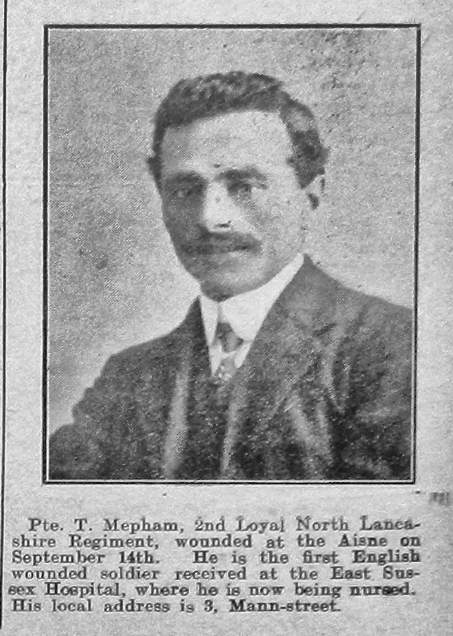

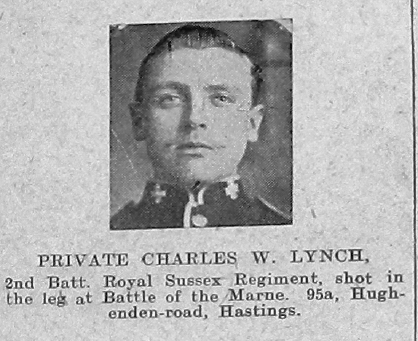


 Charles W Lynch
Charles W Lynch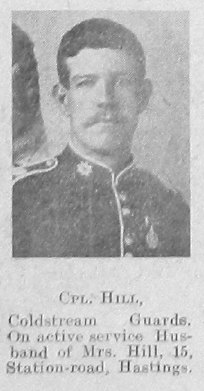
 Mr Hill
Mr Hill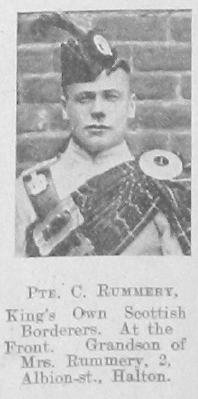
 Charles Rummery
Charles Rummery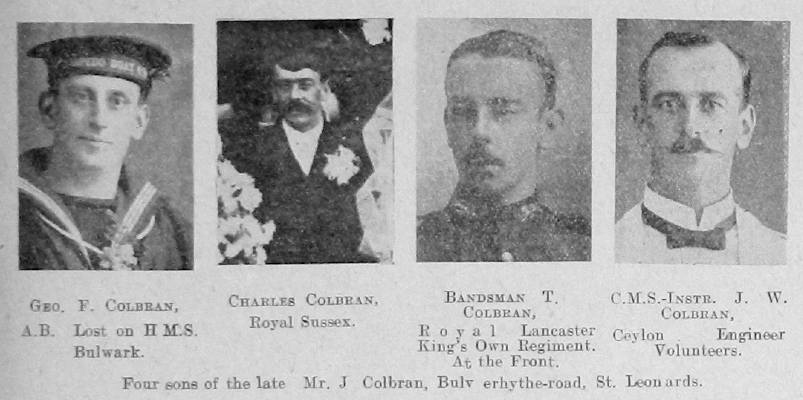

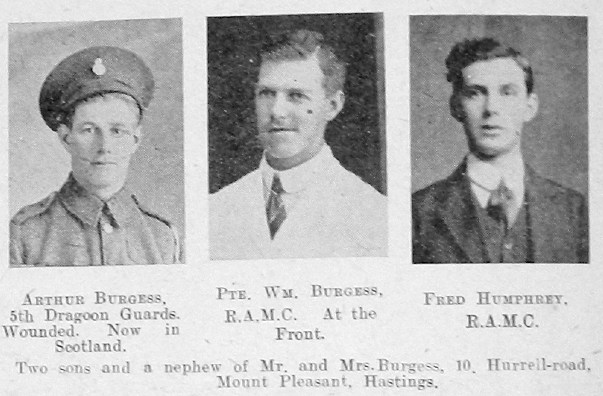

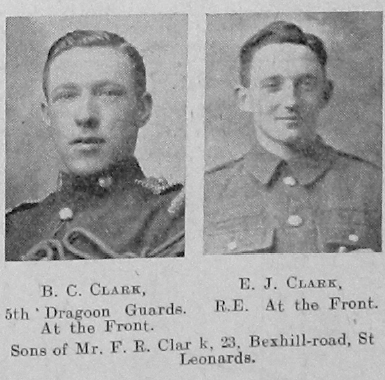

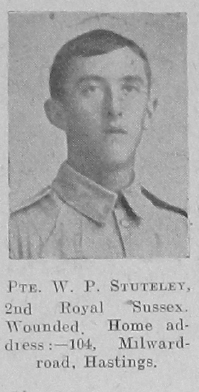
 William P Stuteley
William P Stuteley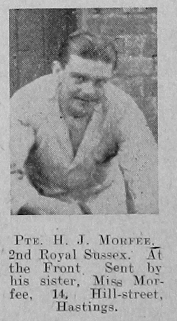

 Henry James Morfee
Henry James Morfee